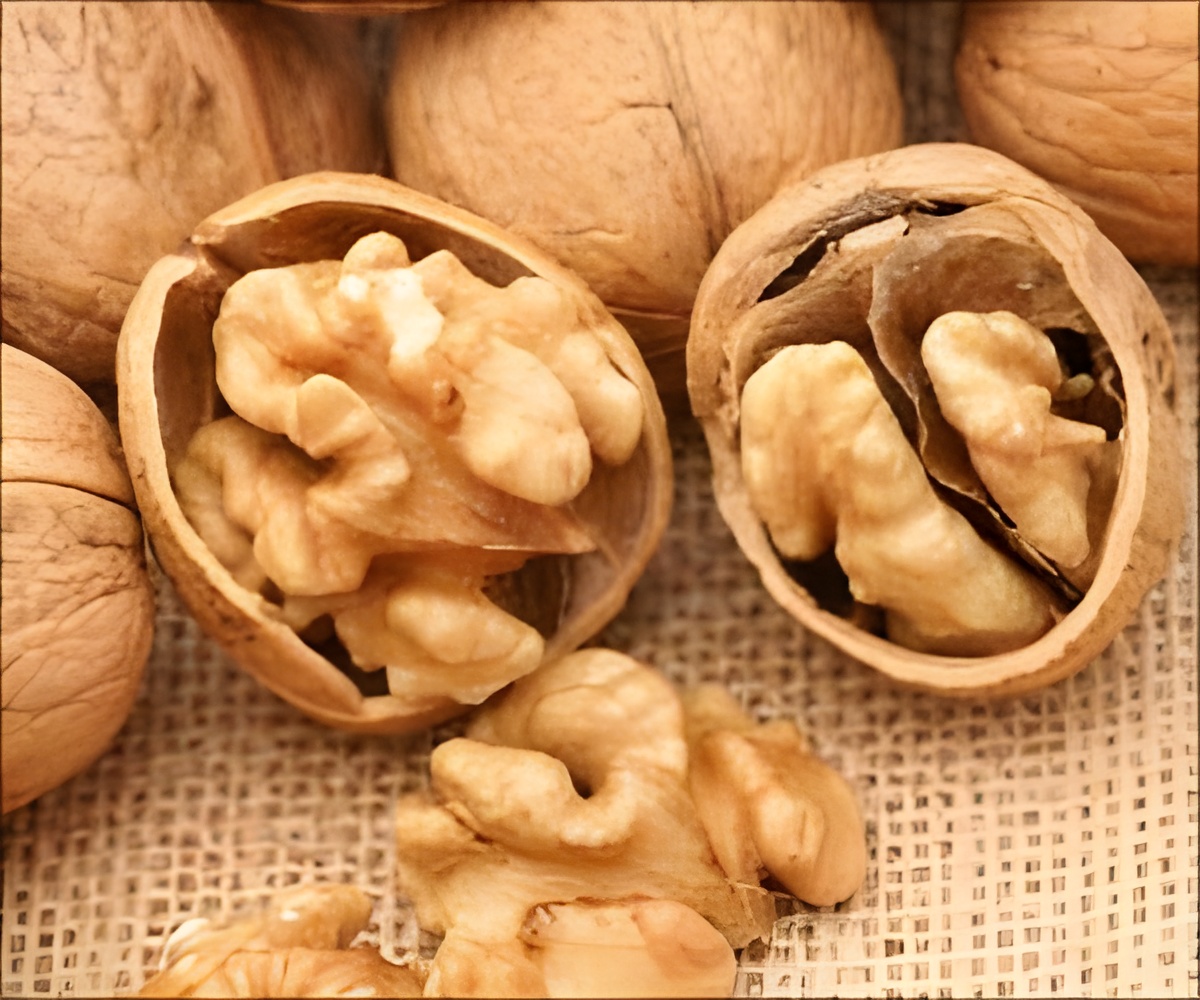In women, walnuts and other whole food consumption may lower the risk of physical function impairments throughout the aging process, reveals new study.

‘Women who consumed 1-2 servings of walnuts per week (1/4 cup per serving) showed reduced risk of developing impairments in physical functions.’





They are the only nut to contain a significant amount of ALA with 2.5 grams per one ounce serving, the study noted. "There is a lot of research that looks at specific health conditions in ageing, such as diabetes and heart disease, but less attention to research on quality of life and ability to maintain independence with ageing," said Francine Grodstein, Professor at Brigham and Women's Hospital and Harvard Medical School in the US.
Further, a higher intake of fruits and vegetables, lower intake of sugar-sweetened beverages, trans fat and sodium and moderate alcohol intake were diets most associated with reduced rates of incident physical impairment.
Among food components, the strongest relations were found for increased intakes of oranges, orange juice, apples, pears, romaine or leaf lettuce and walnuts.
Overall diet quality, rather than individual foods, may have a greater impact on reducing risk of physical function impairments, emphasised the paper published in the Journal of Nutrition.
Advertisement
Between 1992 and 2008, the team examined these participants' association between the dietary habits of the participants and subsequent impairment in physical function.
Advertisement











